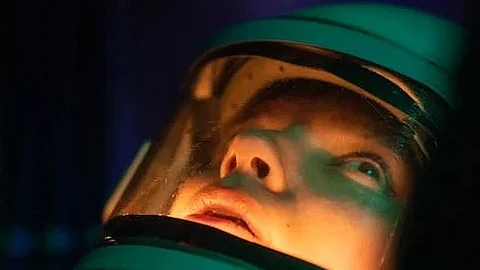So, how do you think it works?
The space dining is always a blend of science and strategy. As per experiments conducted to decide the space food, the high-flatulence food was removed from the spaceflight menu. There is an air circulation on the ISS to clear CO2 exhaled out to prevent suffocation in the closed space.
In the book, What's it Like in Space? by Ariel Waldman, Jim Newman, a NASA astronaut and Physicists shared his ‘Push and Burp’ trick i.e. pushing off a wall, he could briefly mimic gravity, and all the food remains in the stomach and also would allow the gas to pass harmlessly, sounds quirky but it worked for him says the astronaut.
It’s fascinating to think that something so mundane as burping is a luxury enabled by gravity. On Earth, the gravity keeps everything in order. But in space, it is a whole story of floating chaos. So next time dine at a restaurant, and take a burp without the space chaos, thank the gravity.
Reference:
1. Starr, M. (2018). Here’s The Really Gross Reason Why You Don’t Want to Burp in Space. [online] ScienceAlert. Available at: https://www.sciencealert.com/here-s-the-really-gross-reason-why-you-don-t-want-to-burp-in-space.
2. Andress, M. (2016). National Space Centre - The Biggest Question in Space. [online] Archive.org. Available at: https://web.archive.org/web/20160307030936/https://spacecentre.co.uk/space-now/158-the-biggest-question-in-space.
3. ScienceAlert (2018). Astronauts might throw up if they burp in space. [online] Business Insider. Available at: https://www.businessinsider.com/astronauts-avoid-burping-space-because-gravity-2018.
4. Tanos, L. (2021). The Real Reason Astronauts Don’t Burp In Space. [online] Grunge. Available at: https://www.grunge.com/372252/the-real-reason-astronauts-dont-burp-in-space/,
By Josna Lewis
MSM


